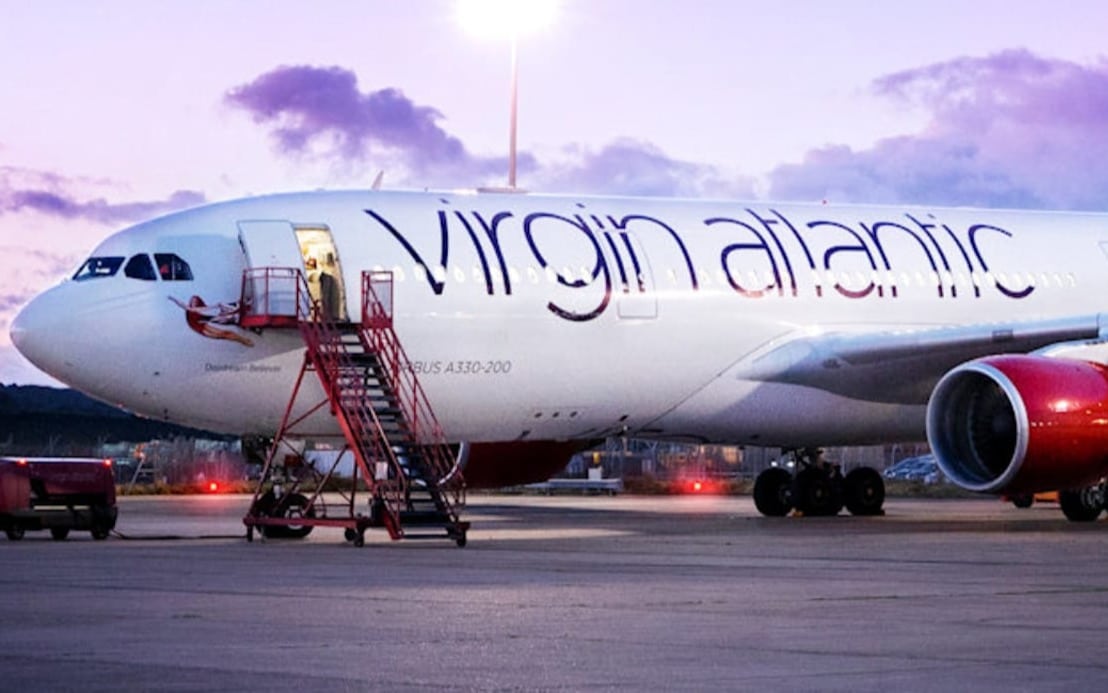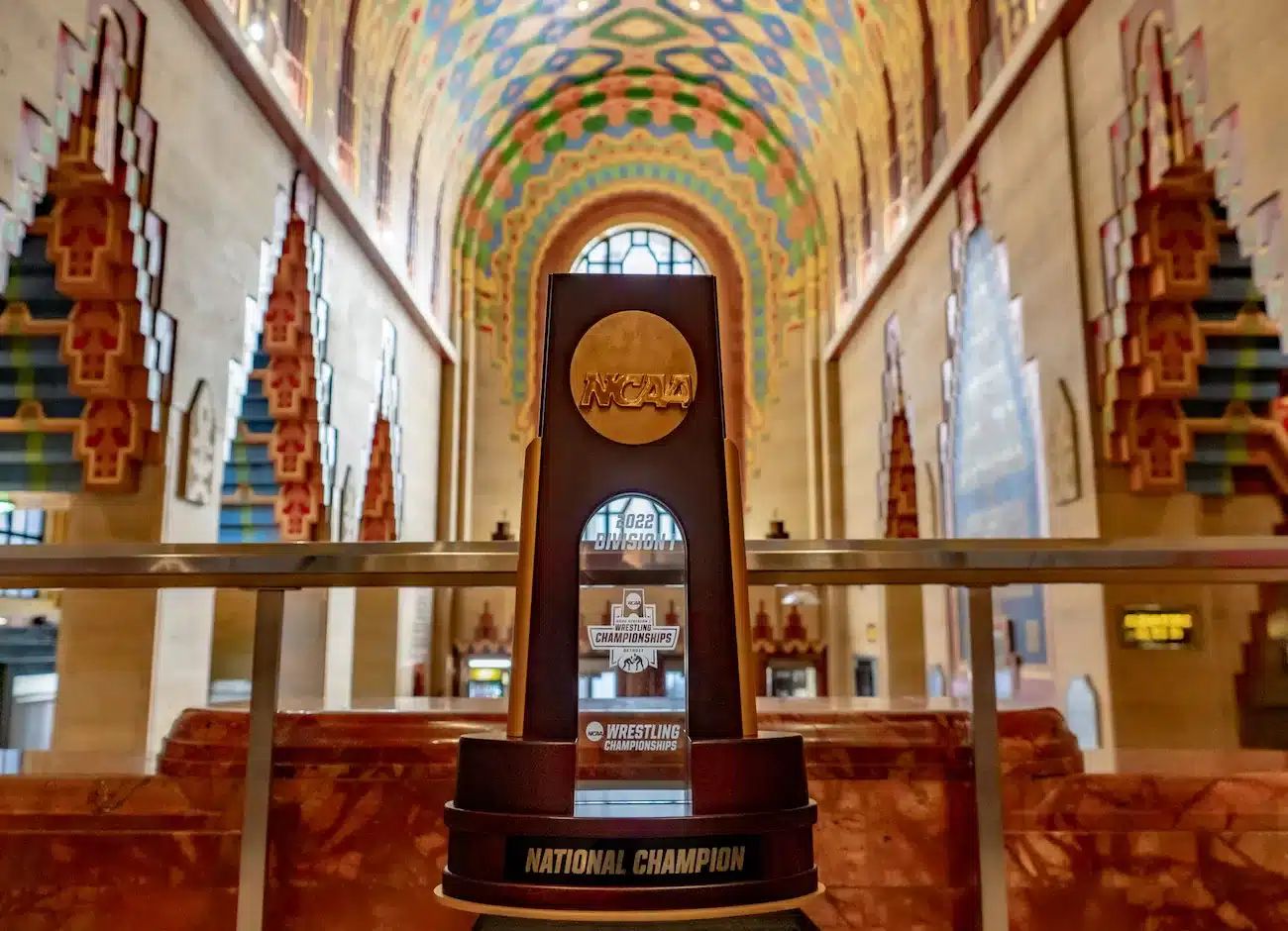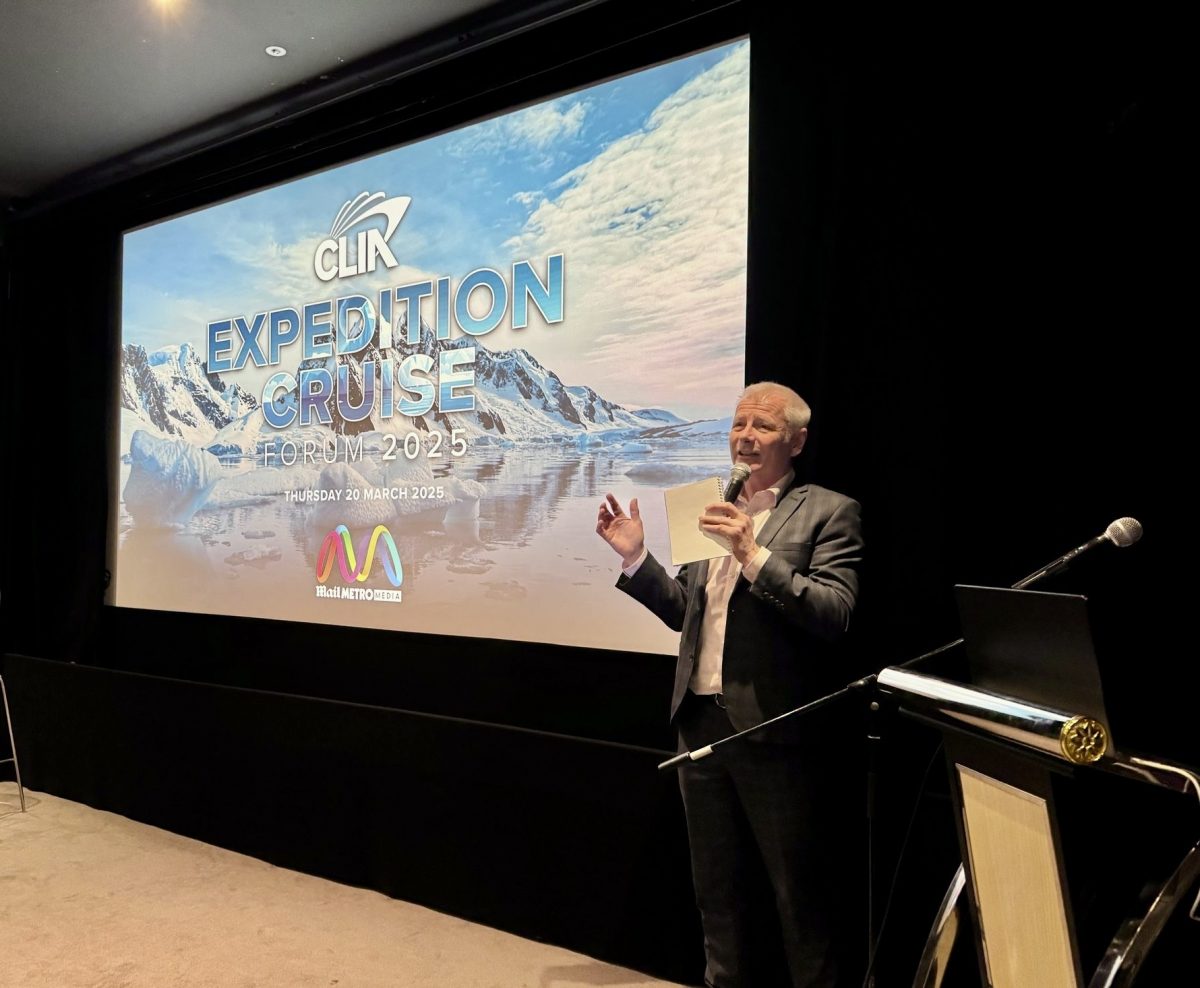Our mission to net zero by 2050 Virgin Atlantic sets ambitious carbon targets

- Ambitious targets set for 2026, 2030 and 2040 to achieve significant reductions in CO2 emissions
- Targets include increased fleet efficiency and committing to the use of 10% Sustainable Aviation Fuels (SAF) in 2030
- Builds on 18% reduction in CO2/RTK already achieved by 2019 through fleet modernisation and operational efficiencies
Virgin Atlantic has today announced ambitious carbon targets as the airline renews its mission to achieve net zero by 2050. Reinforcing its commitment to embed sustainability through innovation, transparency and accountability to do more for the protection of the planet.
Carbon targets
The airline’s new targets set a clear pathway to net zero by 2050, to achieve[1]:
- By 2026: 15% gross reduction in CO2/RTK achieved through continued fleet transformation and operational efficiency
- By 2030: 15% net reduction in total CO2 emissions, including 10% of fuel sourced from sustainable aviation fuel
- By 2040: 40% net reduction in total CO2 emissions
Youngest, cleanest fleet in the sky
Virgin Atlantic has a 15-year strong history as a sustainability leader. Today, the airline operates one of the youngest and cleanest twin-engine fleets in the skies, with an average aircraft age of just under seven years, following a multi-billion-dollar investment in fleet transformation over the last decade, which has so far delivered a 20% reduction in fleet carbon emissions[2].
Innovation leadership
Beyond fleet transformation, Virgin Atlantic is committed to working with new technology innovators. To seed, support and adopt the breakthrough technologies capable of delivering change. As a long-standing advocate for Sustainable Aviation Fuel (SAF), Virgin Atlantic has been partnering with LanzaTech since 2011, flying the world’s first commercial flight operated on sustainable fuels in 2018 and supporting efforts to build the first UK SAF plant by 2025. It also continues to support new technology innovation, most recently working with partners, Storegga Geotechnologies and Carbon Engineering, to accelerate the use of direct air capture of CO2.
Coalition of the willing
As a founding member of Sustainable Aviation and the UK’s Jet Zero Council and through the Clean Skies for Tomorrow coalition, Virgin Atlantic continues to play an active role in bringing industry and Government together to accelerate SAF development at scale. Building a strong domestic SAF industry would put Global Britain at the forefront of commercialising new technologies in support of net zero ambitions, capable of reducing the lifecycle carbon impact of aviation fuel by more than 75% compared to traditional jet fuel[1]. Beyond SAF, and recognising the importance of electric flight in future efforts to reduce carbon emissions, Virgin Atlantic has recently partnered with Vertical Aerospace, to launch the first eVTOL short haul network in the UK.
Business as a force for good
The sustainability commitments announced today are part of the airline’s ambition to use business as a force for good and to empower everyone to take on the world. Recognising the social and economic benefits of long haul travel but knowing we must find ways to do it better. For the benefit of our people, customers, communities and planet. Within the airline’s reward structure, measures are included that demonstrate commitment to sustainability, such as a carbon measure of CO2/ RTK (LTIP) and reduction in weight of raw single use plastics.
Shai Weiss, CEO, Virgin Atlantic, commented: “We know that as an airline we have a pivotal role to play in protecting the planet, while connecting people across the globe and strengthening crucial trade connections.
“For more than a decade we’ve been leading the way in the decarbonisation of the aviation industry, and now as we emerge from the Covid-19 pandemic we have a unique opportunity to ensure we return to the skies more sustainably. The carbon targets outlined today will help us achieve this as we work tirelessly on our mission to reach net zero emissions by 2050.
“Aviation is a truly global industry, and we can’t tackle this on our own. That’s why we’re continuing to work closely with the UK’s Jet Zero Council and Sustainable Aviation, as well as aligning with innovation and technology partners across the industry and beyond. There is a long road ahead but we’re committed to pioneering change and being transparent on our progress, on our way to a low carbon future.”
Learn more about Virgin Atlantic
Our emails to you has bounced travelmole.com Or You can change your email from your profile Setting Section
Your region selection will be saved in your cookie for future visits. Please enable your cookie for TravelMole.com so this dialog box will not come up again.
Price Based Country test mode enabled for testing United States (US). You should do tests on private browsing mode. Browse in private with Firefox, Chrome and Safari
You can see how this popup was set up in our step-by-step guide: https://wppopupmaker.com/guides/auto-opening-announcement-popups/
Subscribe/Login to Travel Mole Newsletter
Travel Mole Newsletter is a subscriber only travel trade news publication. If you are receiving this message, simply enter your email address to sign in or register if you are not. In order to display the B2B travel content that meets your business needs, we need to know who are and what are your business needs. ITR is free to our subscribers.
 United Kingdom
United Kingdom United States
United States Asia Pacific
Asia Pacific

























EU entry-exit system delayed again
Carnival Cruise Line hosts Prague getaway for Fun Ambassadors
Council moves to designate Forest of Dean a Biosphere
US tourism hit with UK, Germany travel warnings
Uganda Airlines launching London flights